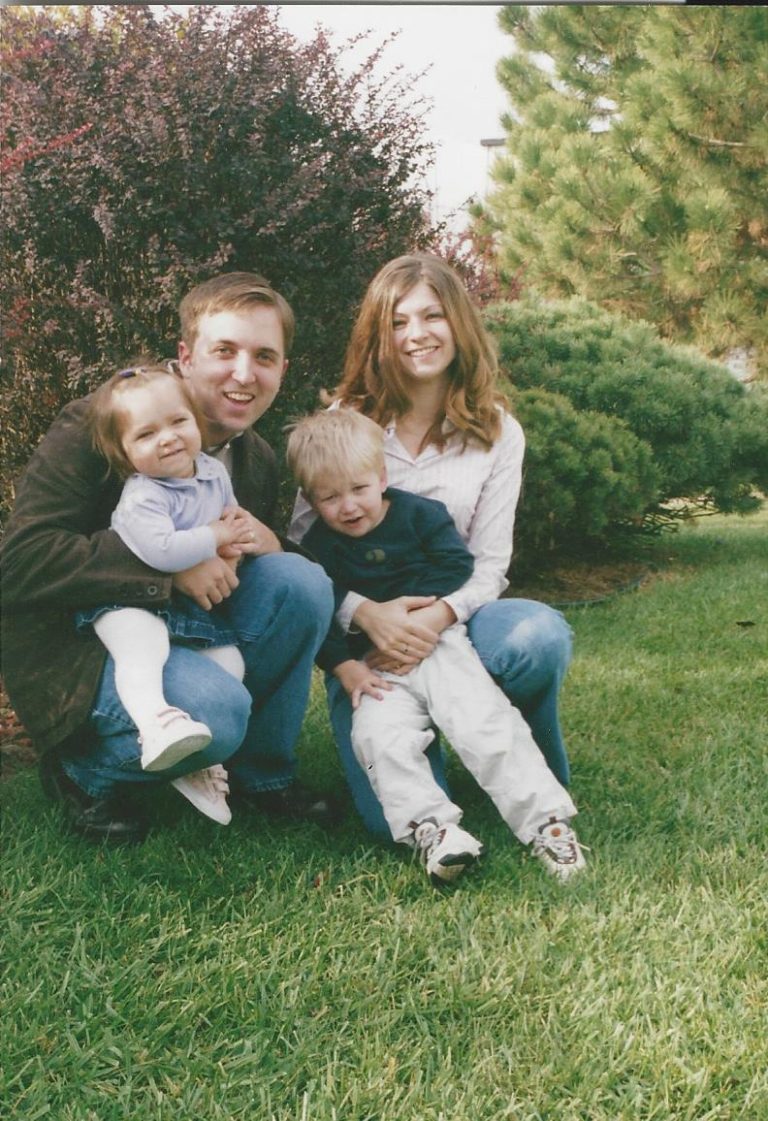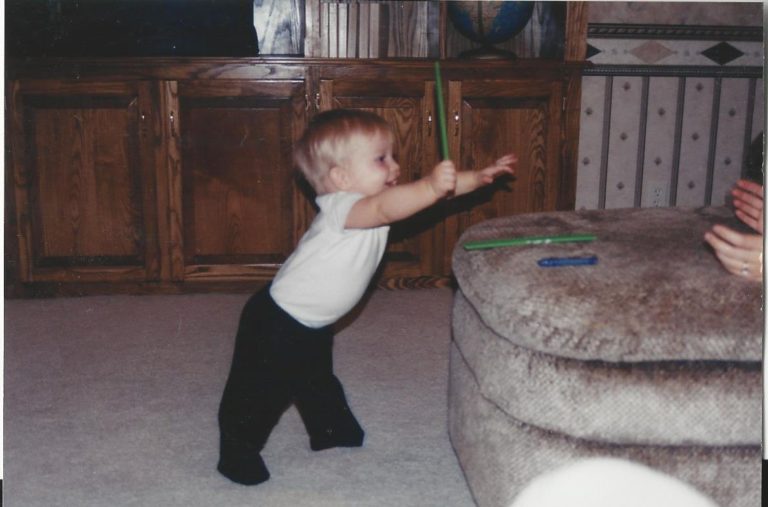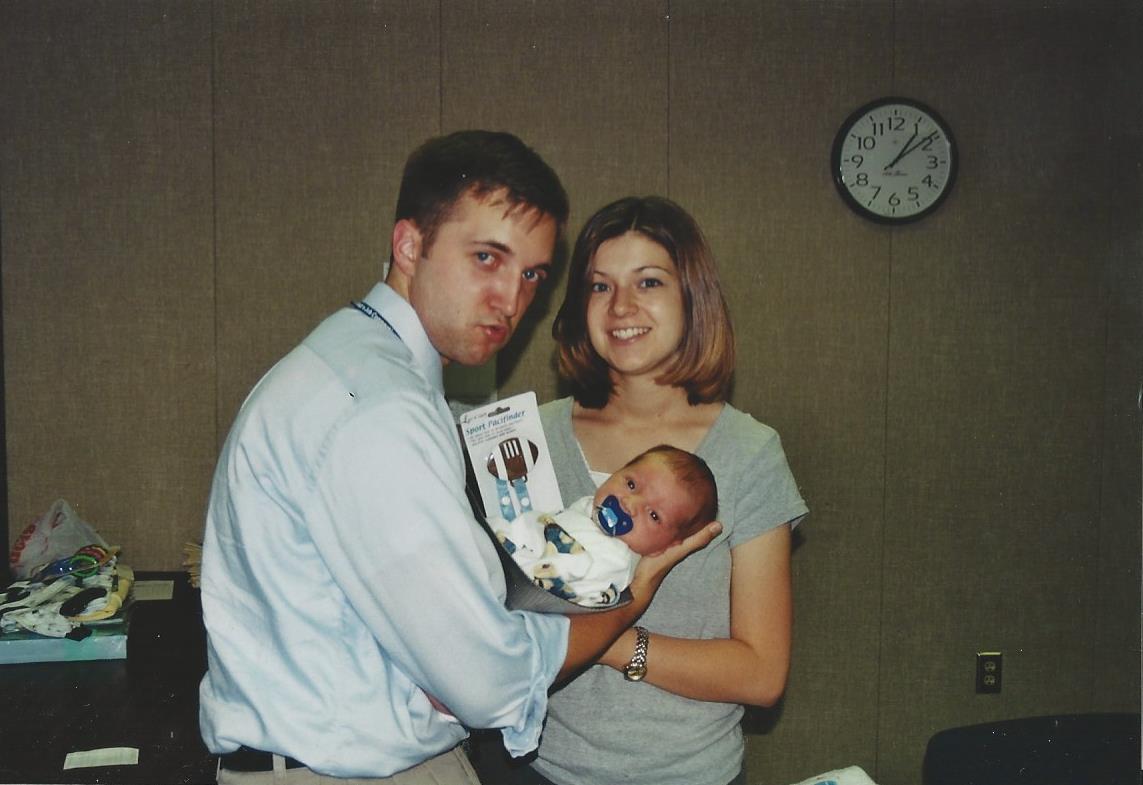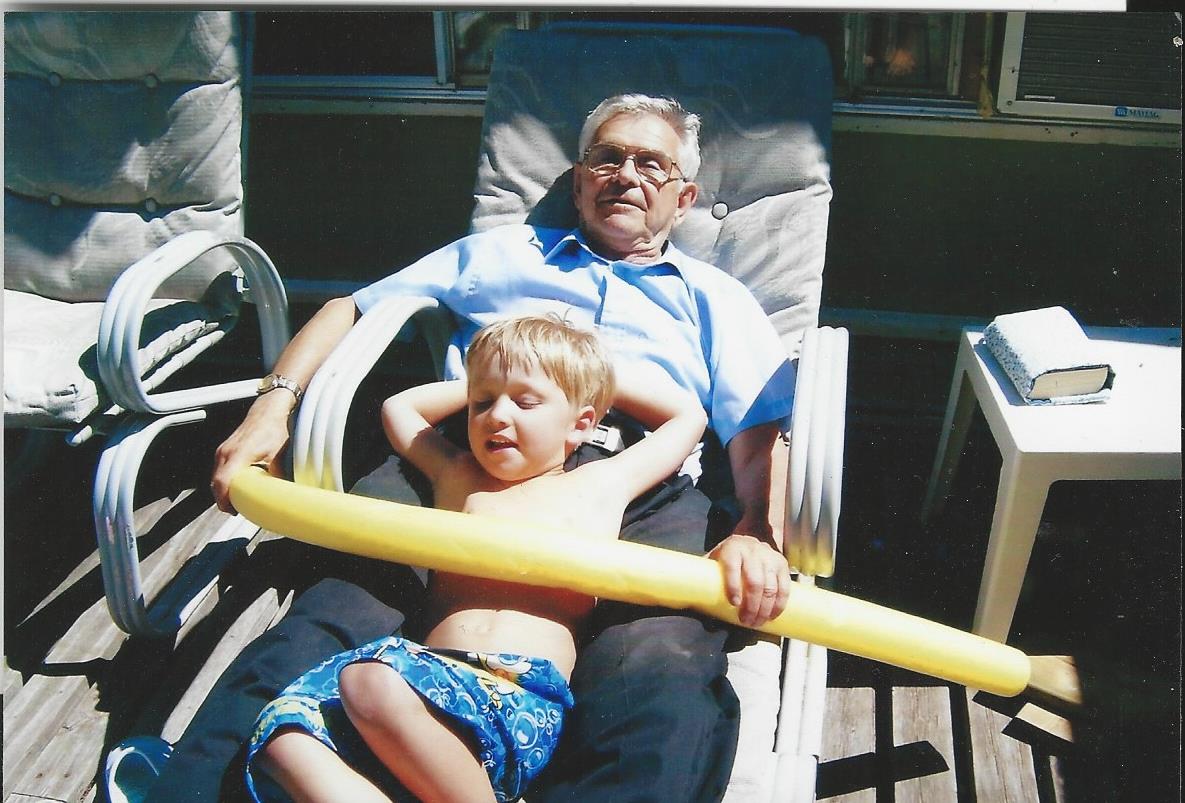
Let’s talk behaviours
 J got sent home for behaviours on Thursday. For those of you keeping track, yes, J has been sent home twice in two weeks for behaviour at school. So let’s talk behaviours–since this is part and parcel with autism.
J got sent home for behaviours on Thursday. For those of you keeping track, yes, J has been sent home twice in two weeks for behaviour at school. So let’s talk behaviours–since this is part and parcel with autism.
I think the term “behaviours” is such a funny term to use with kids on the spectrum. I remember one time in elementary school J announcing at the dinner table that he had a behaviour at school and he seemed almost confused by it. “Behaviours” in autism speak means any (or a combination) of the following: scratching, kicking, biting, hitting, pushing, shoving, destruction to someone’s property, destruction to oneself, etc–a euphemism for bad behaviour and a really odd term for a child with autism to hear since emotions and behaviour are SO difficult for them to sort through. Because of the connotation and usage, they don’t know that the word “behaviour” encompasses so much more than just negative behavior. Over time, that’s the only definition that they (and you) have learned to associate with the word.
Behaviour calls are the worst calls to get from school. They’re the ones that make you want to throw up and strangle your kid and cry all at the same time. This is all before you know what exactly happened. And then a million questions flood into your brain: Did he hurt someone? Did he hurt property? What provoked this? Did someone not catch the signs? How did it escalate to this? Was someone not paying attention to the signs? What did we not do today to prepare him for whatever meltdown just happened? What warning signs did I miss at home?
These are things us autism moms don’t like to talk about or publicize. Autism meltdowns rip open every vulnerability you feel as a parent and you feel like your emotional guts are spilled out all over the place for everyone involved to see. It’s embarrassing and a little scary. Your mind rushes immediately to that story in CNN last week where a 10 year old boy with autism was arrested because of his behaviour and you pray that everyone involved in the situation is understanding. You hope that your child hasn’t been misunderstood because they have strange behaviours and pray that someone who doesn’t know autism didn’t decide to be proactive and get involved. That only makes the situation worse like the man who pepper-sprayed an autistic man at the grocery store because he looked like he was on drugs when he took a free cookie from the bakery. We don’t like the idea of our children hurting other people and we don’t like the idea of other people inadvertently hurting our children.
The amount of behaviours from J has decreased significantly this year, but every few months we get that call. It seems to be happening more frequently near the end of the school year when schedules go out the window with field trips and shortened days. They can happen when he is stressed and anxious. They happen when he lets his obsessive compulsive tendencies get the better of him–those darn OCD behaviours (his phobias with letters and numbers) are the worst. Often it looks like a frenetic mess. J gets giggly and silly–which doesn’t mean he’s excited–in fact, it means he’s super anxious and then the autism meltdown is in full force. There are many warning signs along the way–but sometimes you miss them, and sometimes he can work things out on his own before the escalation starts so that throws you too. That’s what makes this so complicated. So here are a few things we’ve noticed with behaviours that help us sort through things with J. Maybe they’ll help you if you ever come across an autistic meltdown.

- Realize that autism motives are motives you will not understand: Triggers and obsessions and anxiety will not make sense no matter how hard you try to make connections. “Saying just get over it” won’t help. Taking away something that is distracting yet brings that child comfort won’t help. The child may have been able to work through the same emotional crisis last week but just can’t do it this week. Just trust that they are having a hard time and don’t try to make them prove why. Children with autism see the world differently, so the things that are bothering them and the things they desperately need may seem counter-intuitive.
- The strategies for an ODD (oppositional defiant disorder) meltdown are really helpful for an ASD meltdown: Here are some of the symptoms for ODD as outlined by the Mayo Clinic. Although the two disorders aren’t exactly the same (J has never had a vindictive moment in his life) some of the emotional and behavioural struggles are the same.
The hardest lesson I’ve learned with an ASD meltdown and the best advice I’ve read from ODD sources is not to engage in the meltdown. And J will definitely want to engage with you during a meltdown. Engaging, negotiating, or getting involved in a back and forth argument with the child will just fire the child up. With J, engaging in an argument helps fuel his anxiety. J desperately wants to feel in control of the conversation because he feels so out of control. It’s better to let it be and talk about it later when he is calm. Which is hard, because you want them to know that what they are doing in the moment is inappropriate.Think of it as a Facebook argument. You see someone respond to your really emotional post about health care or education and you absolutely want to fight back but you know you shouldn’t. Resist the urge. Walk away. Do whatever you need to do. Don’t respond back! Because we all know Facebook escalations don’t end well and we always regret it after we’ve done it. All of a sudden you’re dug in and you keep arguing and arguing (which goes nowhere–you know neither of you will change your mind) and it just gets the other person (sometimes people we’ve never even met before) more worked up. No one solves anything. Everyone feels gross after. Not worth. Ever. - Do what you need to do to stay safe. Help them stay safe: Unfortunately, you may be the recipient of a physical outlash, and that gets harder as these autistic kiddos get bigger. Sometimes it’s best to just leave the room and let them ride the meltdown. Sometimes it’s best to observe from afar. Try to remove things from them that they may harm themselves with. It’s really an emotional seizure of sorts. Sometimes a physical hold helps–especially if the autistic child needs some deep pressure to feel calm. For me the biggest thing for this point is to take deep breaths and remain as calm as possible. It helps me keep a level head and takes away from the chaos in the room and make better decisions in the moment.
- Realize that there is a little predictability to a meltdown: Knowing this will help you stay calm. 100% of the time, these kids give you an indication that something is upsetting them before they hit meltdown mode. The tricky part is trying to figure out what that thing is or how to address it. Unfortunately, this is hard in a public setting. J is getting tons better at verbalizing, “X is bothering me, I need to leave the room for a minute.” But sometimes, especially if he’s tired or anxious, this is a lot harder for him to verbalize. Sometimes he keeps repeating the same word over and over again. Sometimes he gets super giggly (his anxious giggle). When I hear, “Let’s do something to get kicked out” it’s a big warning to me that he’s super anxious about something (like a number or word). This is a critical moment for me as a parent, because pushing through anxiety is so important in helping him manage his anxiety but this also may be a moment where J may legitimately not be able to handle it. Sometimes I make the right decision. Sometimes I don’t.Once J does break that threshold of anxiety that throws him into full-fledged meltdown mode, J’s behaviours come out, there is increased escalation and peak, and then he’ll come down, almost exhausted. It’s been really helpful to know this pattern, if only to know that his meltdown won’t last forever (just maybe a seemingly long time).
- Realize that they don’t understand anything they are saying to you and will not understand anything you say to them: This one also has been a hard one for me to learn over the years. Any time I try to talk J off the cliff, when he’s already figuratively jumped is just a waste of breath and is even more frustrating. Just as J isn’t understanding a word that I’m saying, he isn’t understanding any of the words that come out of his mouth. Because autism and communication difficulties go hand in hand, you can guarantee no real communication is happening in the middle of a meltdown. J has often said things like, “I hate you! I wish you were dead!” Later when we talked about what happened he comes back bawling or distressed that he’s said those things to me. Most often J spouts out echolalia. J will spout off lines from movies like “You’re face is still red” or random phrases like “you smell like tea tree oil.” They’re random, but he is expressing his frustration. Often the movie lines are said when a character is upset, or the tea tree oil is a smell that is just “too much ” or really strong. J can normally communicate better than this, but when it comes to expressing anger or frustration his communication becomes worthless. Just remember that, and don’t take things personally 🙂
There, I did it. Blah! I hate talking about this but I feel like if I don’t, those of you going through this will feel that much more alone and those of you unfamiliar with autism who witness this will still feel confused and threatened. I’m always harping about how we need to talk more about mental health issues and this is one I’ve shied away from. It’s that whole vulnerable emotional guts on the floor thing. It’s yucky, it’s something about autism I absolutely hate. But it’s something that we need to talk more about. Because half of the struggle is their behaviours/opinions/emotions/responses to a situation, and the other half is ours and nothing is going to improve until we realize this.




